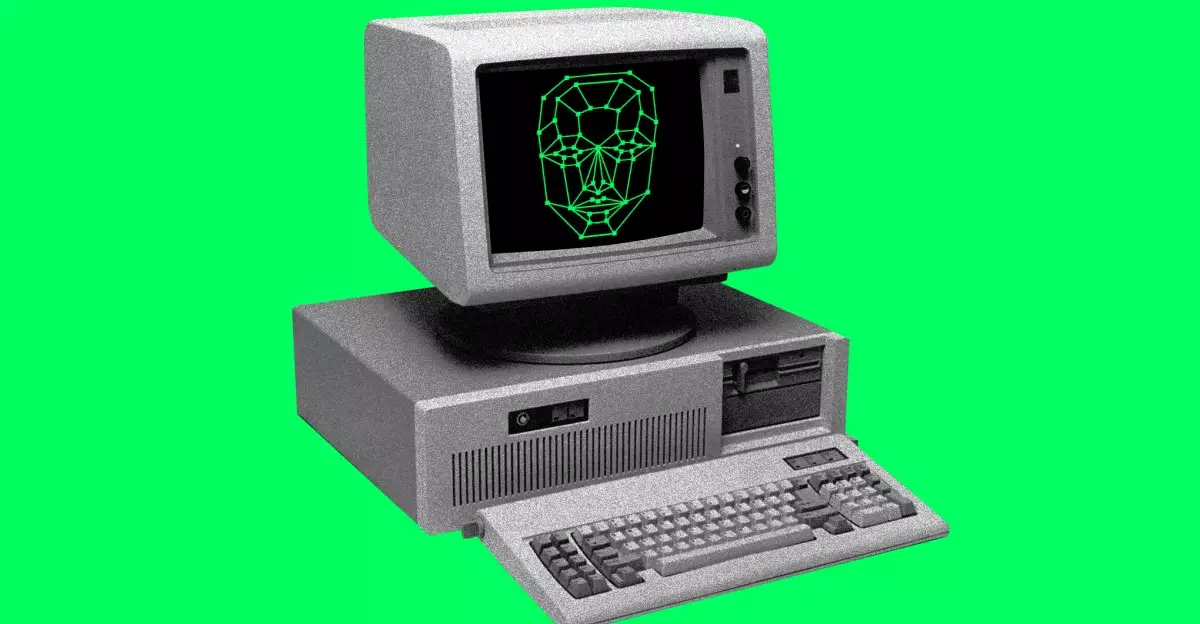Artificial Intelligence has revolutionized content creation, offering unprecedented convenience and creativity. Tools like Google’s Veo 3 empower users to craft videos with simple text prompts, promising a future where content is generated seamlessly and efficiently. However, beneath this glossy surface lies a troubling reality: AI can inadvertently, or in some cases deliberately, produce inherently harmful content. The recent emergence of racially insensitive videos created with Veo 3 starkly underscores this danger. These clips, which target marginalized communities with offensive stereotypes, exemplify how technology designed to innovate can also propagate ignorance and hate. AI systems are not inherently biased; rather, they mirror the prejudices embedded within their training data, exposing the critical need for human oversight and responsible development.
The Unintended Path to Propagation of Hate
Despite claims from Google that Veo 3 is designed to block harmful requests, the reality appears more complex. The watchdog organization Media Matters uncovered numerous videos laden with racist tropes, some garnering millions of views on platforms like TikTok and YouTube. These clips often feature themes targeting Black people, showcasing how AI-generated content can unintentionally serve as a vector for hate speech. The short duration of each clip—just eight seconds—might seem insignificant, but the virality and ease of sharing amplify their dangerous impact. It reveals a fundamental flaw in automated content moderation: the challenge of filtering out subtle, context-dependent hate narratives that can be cloaked within seemingly innocuous prompts or metadata. The proliferation of such content highlights the urgency for platforms and developers to re-evaluate safeguards in AI tools.
The Ethical Obligation of Tech Giants
Major companies like Google and TikTok publicly pledge to combat hate speech and harmful stereotypes, but their efforts often fall short in practice. Google’s assurances to block harmful requests stand in stark contrast to the reality faced by watchdog groups and users encountering offensive AI creations. TikTok’s policies against hate speech exist on paper, yet the platform continues to host or recommend content that perpetuates harmful stereotypes. This disconnect raises critical questions about the ethical responsibility of technology firms: Are they truly committed to curbing the spread of hate, or are their safeguards merely superficial? As AI continues to evolve, so must the standards governing its use. The technology community must prioritize transparency, accountability, and proactive measures to prevent AI from becoming a tool for prejudice rather than progress. The rising tide of racially charged content underscores not only negligence but a moral imperative to either tighten controls or reconsider the deployment of such powerful AI tools altogether.

